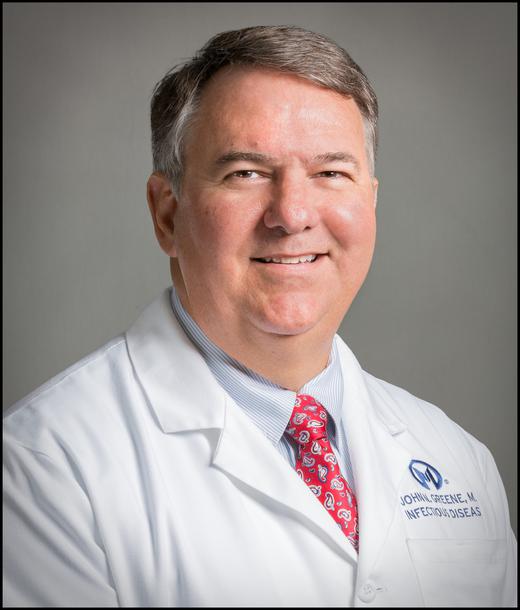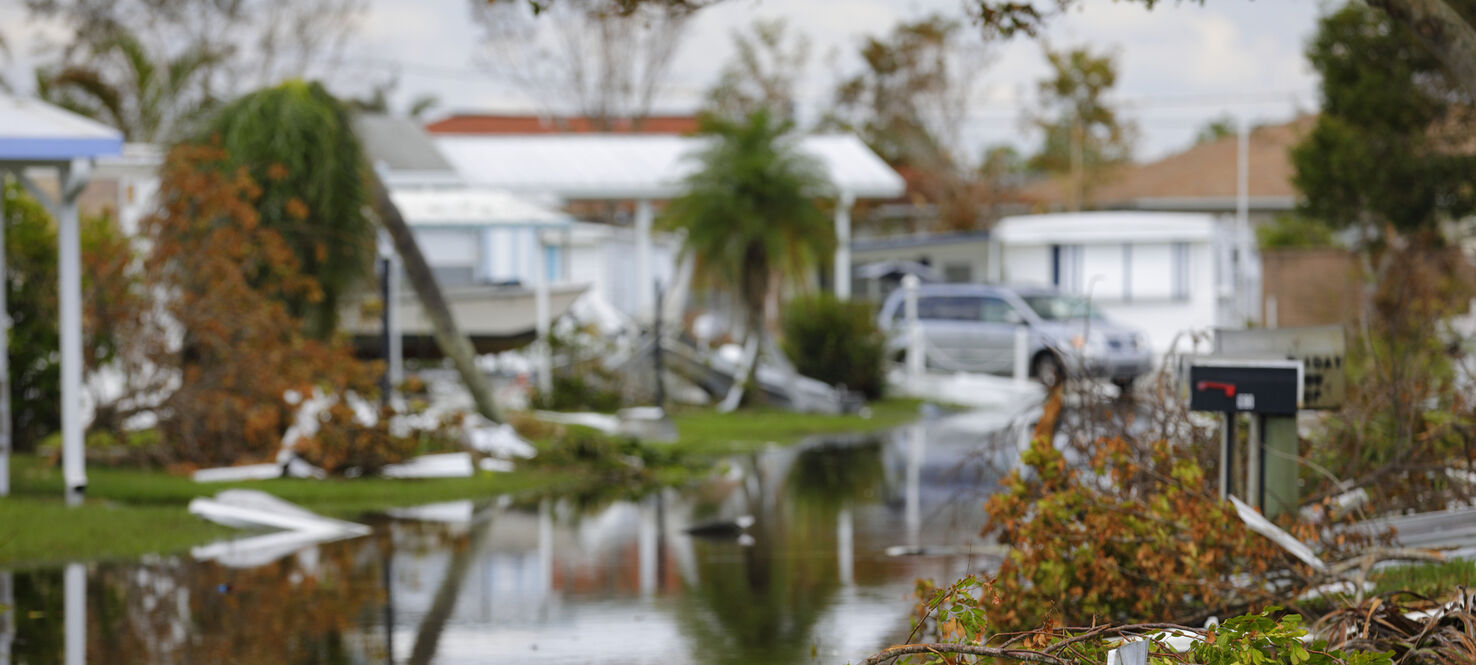Back-to-Back Hurricanes Leave Health Risks in Their Wake
Hurricanes Helene and Milton caused heavy flooding throughout Florida, Georgia, Tennessee, South Carolina, North Carolina and Virginia. Exposure to floodwater can cause infections due to Vibrio, a naturally occurring bacteria that thrives in warm, brackish water. Anyone can develop an infection from Vibrio, but people with a weakened immune system are at high risk.
There are several kinds of Vibrio bacteria, but the most common types linked to human illness are Vibrio parahaemolyticus, Vibrio alginolyticus and Vibrio vulnificus, with Vibrio vulnificus being the deadliest. According to The Centers for Disease Control and Prevention, 80,000 cases of vibriosis occur each year in the U.S. The infections can be caused by ingesting contaminated water, or when open wounds are exposed. Symptoms include diarrhea, abdominal pain, vomiting, fever and disorientation.
For residents cleaning up their property after the storms, John Greene, MD, chair of the Infectious Diseases Program at Moffitt Cancer Center, recommends wearing long sleeves, pants, closed toed shoes, gloves and sunglasses for protection. It’s important to cover open cuts or wounds with waterproof bandages and wash skin with soap and water after having any contact with floodwaters. For those who are immunosuppressed, try to avoid floodwater exposure altogether.

John Greene, MD
“Two patients in our hospital right now were exposed to contaminated water and vegetation,” Greene said. “One patient is dealing with a leg infection from Aeromonas (a common freshwater bacteria that can cause serious infections similar to Vibrio vulnificus) and the other has a necrotizing infection.”
A recent study published in Nature suggests hurricanes and tropical storms in the United States cause a surge of deaths up to 15 years after a storm hits. Researchers estimate an average tropical cyclone indirectly causes 7,000 to 11,000 excess deaths.
Furthermore, flooding can create ideal conditions for indoor mold growth. Mold can cause a stuffy nose, itchy eyes, wheezing and shortness of breath. Immune-compromised people and people with chronic lung disease could develop infections in their lungs from mold exposure. If someone starts to experience symptoms, it’s important to leave the affected area immediately and consult a doctor to discuss next steps.
Along with environmental factors, the aftermath of a storm can trigger high stress levels. Poor mental health can negatively impact someone’s physical health. “Stress is a proinflammatory and can cause serious health issues and may alter the immune system’s response to infections,” Greene said. Chronic stress can increase the likelihood of developing heart disease, high blood pressure and having a stroke. Ways to help reduce stress after a natural disaster include talking to others, giving yourself a break if you feel stressed out, avoiding drugs and alcohol and recognizing when to ask for help.




